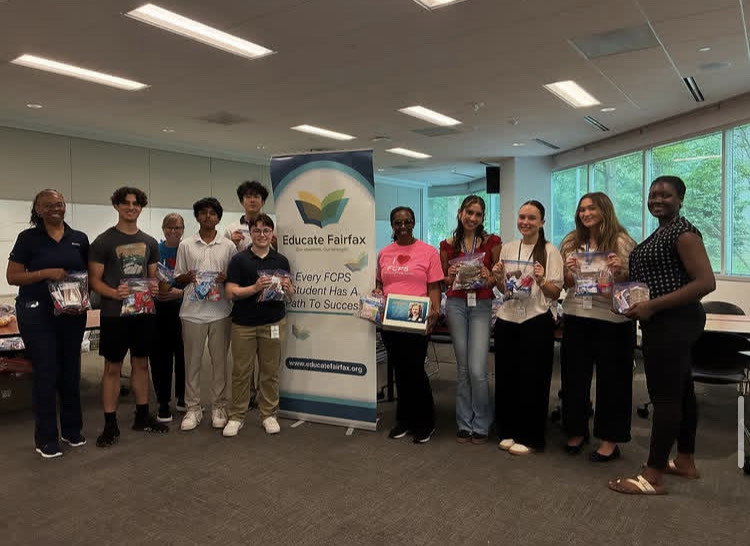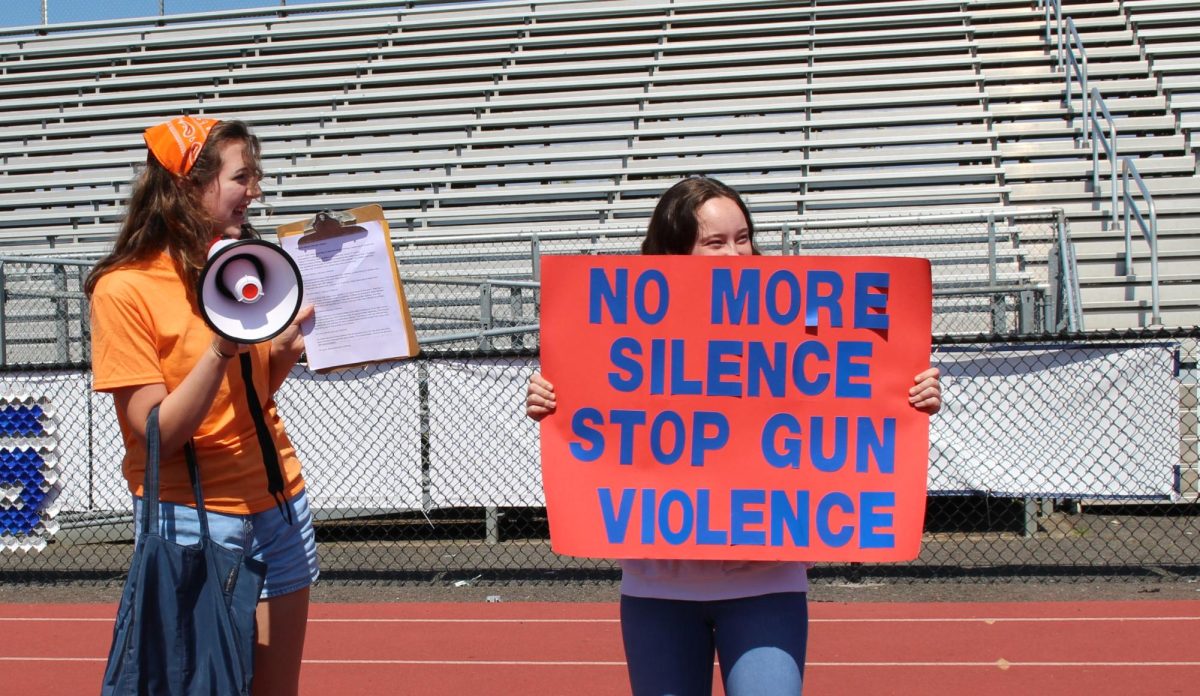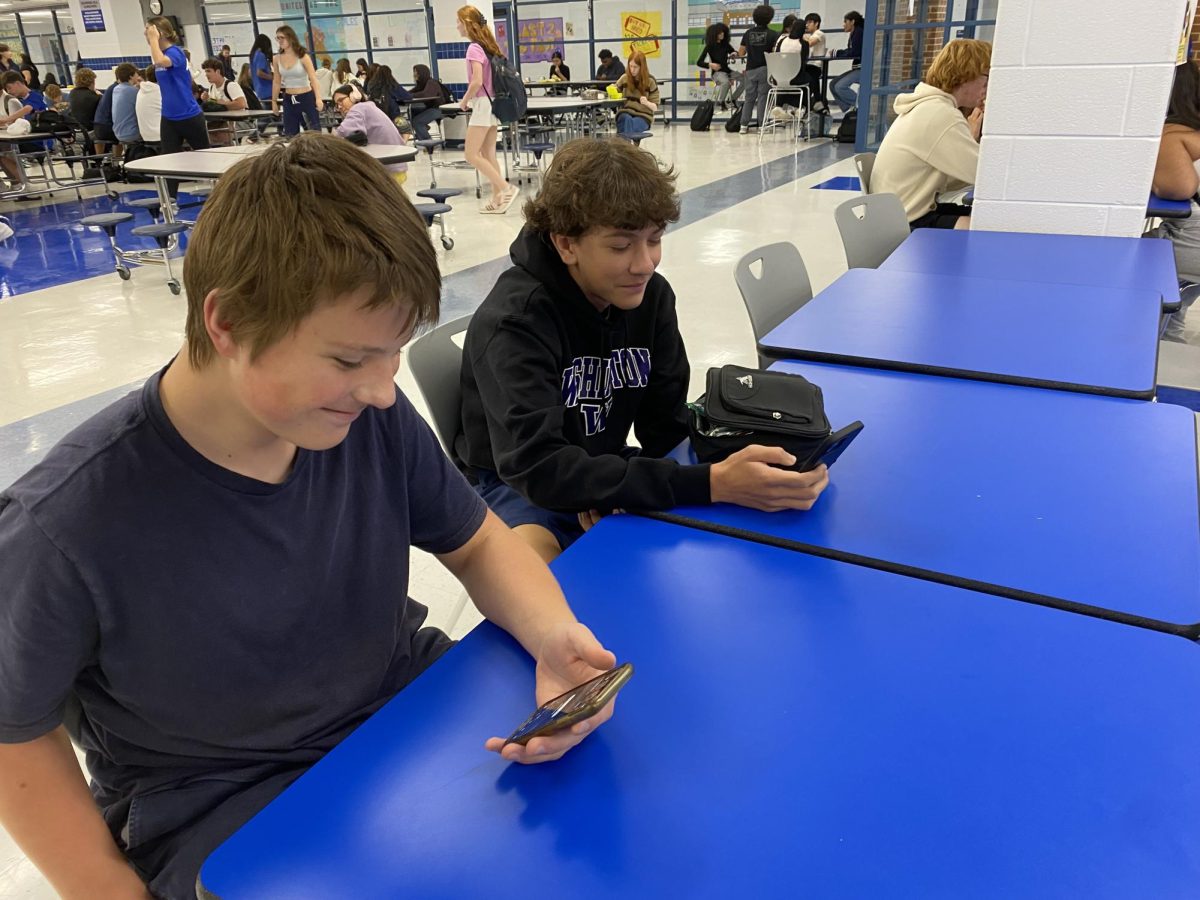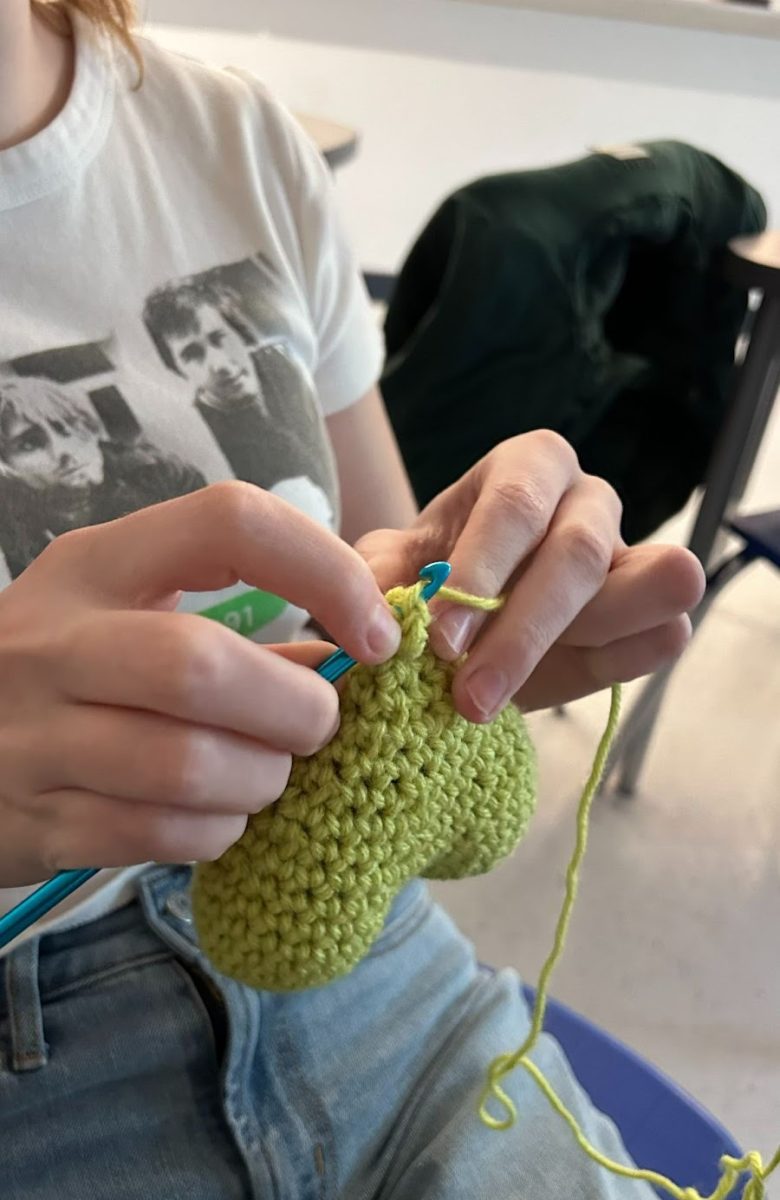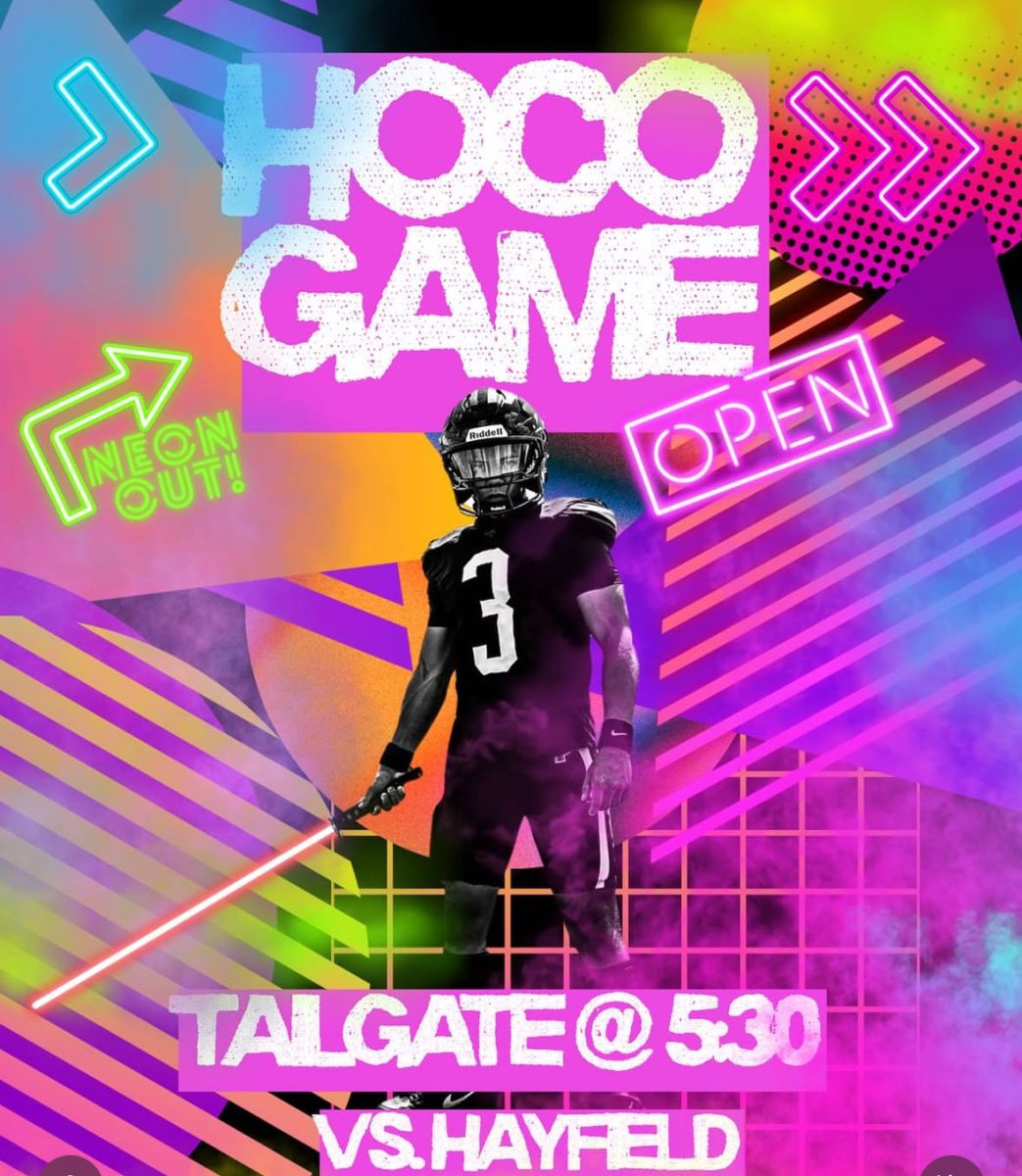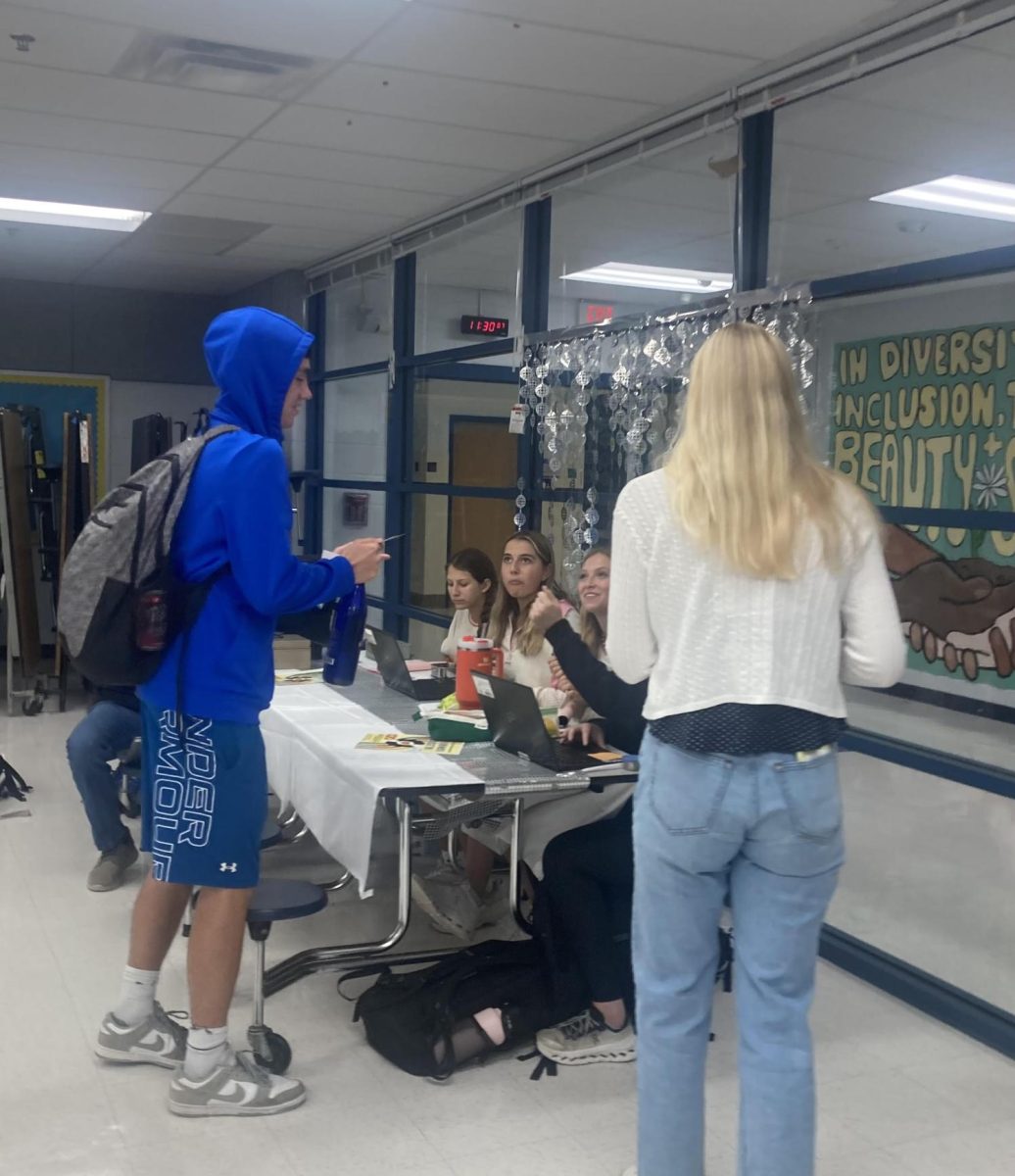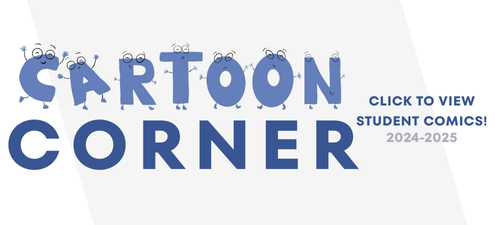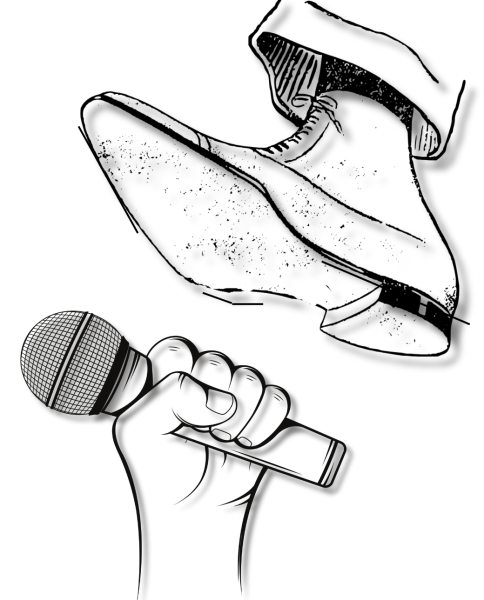Blurring Between Lyrics and A Lifestyle
Robin Thicke’s recent pop hit “Blurred Lines” portrays women and rape victims in a derogatory fashion
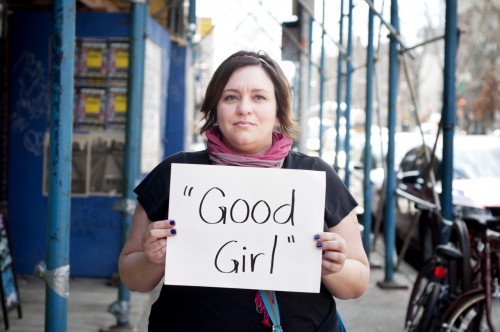
(Photo from thesocietypages.org)
A rape victim displays her poster with lyrics from Thicke’s “Blurred Lines.”
The line, “I know you want it” has somehow snuck its way into everyone’s ears this summer, but with Robin Thicke’s summer hit “Blurred Lines,” do you really know what you’re listening to?
“Blurred Lines” is singlehandedly promoting rape culture to the youth of this nation through its repulsive lyrics. The song even goes so far to say, “The way you grab me/must wanna get nasty,” suggesting that women want Thicke badly. He even elaborates on this with the repetition of “I know you want it” throughout the song.
Rape culture is starting to become normalized in today’s society. Some jump to the conclusion that the victims ask for the attention by the way they dress or by the way they act when they are intoxicated. This thinking is widespread on both college and high school campuses.
In a well-publicized case recently, two high school football players, Trent Mays and Ma’lik Richmond, in Steubenville, Ohio were involved with videotaping their assault of their colleague whose name is not disclosed. Both confessed over an exchange of texts with their peers.
One text explained the horrors of the assault saying, “I should have raped her, now that everyone thinks I did.”
Astonishingly, the rapists were looked at as the victims, and not the actual victim herself. After the guilty verdict was reached, CNN’s Harley Poplow said, “these two young men who had such promising futures, star football players, very good students, literally watched as they believed their lives fell apart.” Serena Williams joined in on the bashing of the victim over the summer, saying “she [the victim] shouldn’t have put themselves in that position,” directly blaming the victim, as if she purposefully went out that night to get raped.
Whether rape had occurred or not should not be judged on the victim’s actions — it should be judged on the attacker and how they forced sexual assault.
Recently, survivors of sexual assault have spoken out against rape culture in what is called “Project Unbreakable.” Many of the quotes said by rapists, molesters, and assaulters directly parallel what Thicke writes about in his hit song.
“I know you want it,” “I know you like it,” and “Tell me you want it” are just a few examples among the many.
Thicke’s song takes away the real-life impact of sexual crimes. He portrays them as useable women who ask and deserve the molestation. The sad part of it all: not everyone is aware of what Thicke is promoting in his song, and just how big of a population it is affecting.



